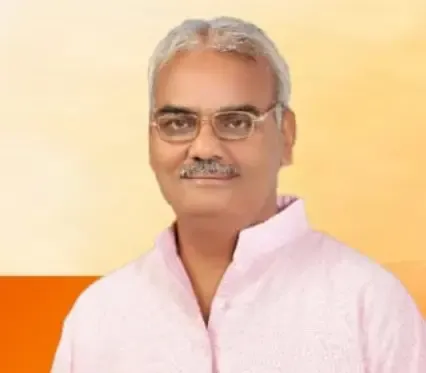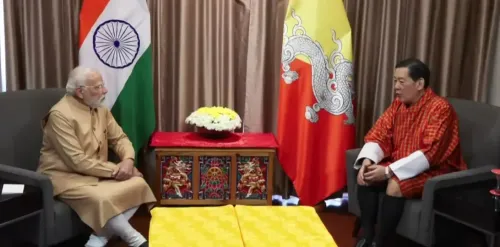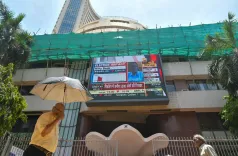Rajasthan Minister Announces Local Language Instruction to Start Next Academic Year

Jaipur, Dec 18 (NationPress) Instruction in local languages will kick off in Bal Vatikas (preschool classes) throughout nine districts of Rajasthan starting from the next academic year, following the rollout of the National Education Policy (NEP) 2020 in the state.
The Rajasthan State Council of Educational Research and Training (RSCERT) has already formulated the essential curriculum for this initiative.
During an event on Wednesday, Education Minister Madan Dilawar spoke at an exhibition focused on local language-based children's literature and educational resources, along with a seminar dedicated to innovations in foundational literacy, emphasizing the significance of instruction in local languages.
This event was organized by RSCERT and took place at a private hotel in Jaipur.
The minister mentioned that a multilingual teaching program is currently being piloted in the Sirohi and Dungarpur districts. From the next academic session, this program will broaden its reach to nine districts, with intentions to expand it to 25 districts by the 2026 academic year.
Highlighting the advantages of local language instruction, Dilawar stressed that children understand concepts and learn more efficiently when taught in the language prevalent in their surroundings.
He noted that Rajasthan encompasses a variety of dialects, and the discrepancies between the languages spoken by teachers and students often pose obstacles to effective learning.
"Integrating local languages in early education will aid children in comprehending and adapting to the school language more effectively. Learning in local languages simplifies understanding for children," stated the education minister.
Notable participants at the event included State Project Director and Commissioner Avichal Chaturvedi, RSCERT Director Shweta Fagadia, along with other officials.
Dilawar also emphasized that any additions to the curriculum should be genuine and not merely based on perceptions.
During the second meeting of the Textbook Review Committee at the Education Complex in Jaipur, Dilawar underscored the necessity of a concise curriculum articulated in straightforward language to ensure ease of reading and comprehension.
He pointed out the requirement for a curriculum that serves as a benchmark in shaping future generations and bolstering the foundation of nation-building. He further mentioned that children should learn about the esteemed leaders and revolutionaries of Rajasthan to draw inspiration from them.
"Any additions to the curriculum should be authentic. They should not be included merely based on beliefs. The curriculum content should be succinct and presented in simple language for better readability and understanding.
"Such a curriculum should establish a milestone for the development of future generations, thereby ensuring a solid foundation for nation-building. We should encourage children to learn about our great leaders and revolutionaries from Rajasthan to inspire them," Dilawar concluded.









